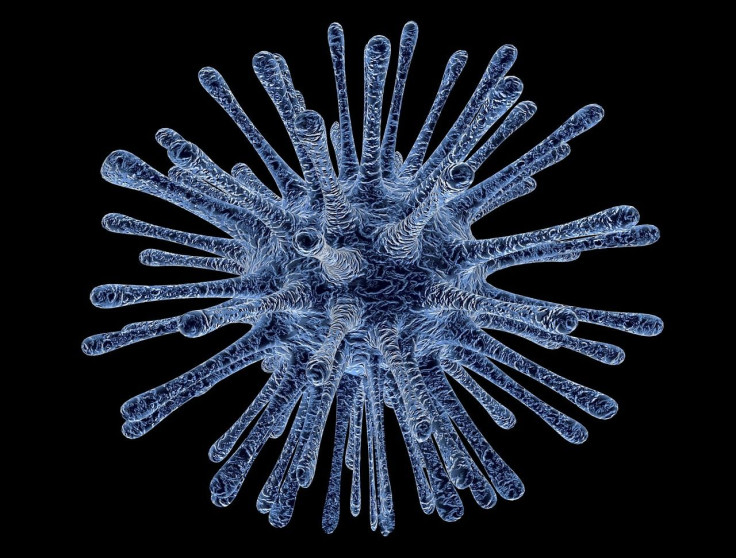6 Things You Need to Know When Diagnosed with HPV


This question originally appeared on Quora. Answer by Keck Medicine of USC.
Being diagnosed with Human Papillomavirus (HPV) can be a nerve-wracking experience. You don’t need to panic, but you do need to be informed.
Here are six things you need to know when you’re diagnosed with HPV:
1. Don’t panic.
HPV is so prevalent that nearly all sexually active men and women get it at some point in their lives. According to the Centers for Disease Control and Prevention, it’s the most common sexually transmitted infection in the U.S. In fact, 80 percent of U.S. adults will get HPV at least once in their lifetime. In most cases, your body is able to fight HPV on its own, and the virus will go away without causing any health problems in one or two years. Once you’ve been diagnosed, it’s important to work with your doctor to address any immediate health concerns (if any) and to determine a plan to stay on top of any of the associated health risks.
2. Anyone who is sexually active can get HPV.
HPV is spread through having vaginal, anal or oral sex with someone who has the virus. It’s most commonly spread through vaginal or anal sex. HPV can be spread even when an infected person has no signs or symptoms. Symptoms may take years to develop having sex with an infected partner, so it is sometimes difficult to pinpoint when you’ve become infected.
3. Understand your health risks.
There are various types of HPV. Some strains of the virus may lead to health problems, such as genital warts and cervical or oral cancer. Warts often show up as a small bump or a group of bumps in the genital region. They can be small or large, raised or flat or shaped like a cauliflower. Your health care provider can diagnose warts by looking at your genital area. Cervical and oral cancers are diagnosed via screening tests.
4. Seek treatment, when necessary.
Although there is no cure for the HPV virus itself yet, there are treatments available for the health problems that HPV can cause. Genital warts can be treated by your doctor or with prescription medication. If you leave your warts untreated, they may go away, stay the same, or increase in size or number.
5. Regular tests help keep an eye on precancerous signs.
HPV may lead to cervical cancer in some cases. Thanks to routine Pap smears and follow-ups when needed, doctors can track problems before cancer develops. If your doctor recommends it, you can have a colposcopy, a simple procedure that uses a magnifying lens that looks for very small abnormalities on the cervix that can’t be seen by the naked eye. The HPV test and Pap tests will help your health provider find anything precancerous long before it becomes cervical cancer.
6. There are many treatment options for cervical cancer
Every year, 10,000 women in the U.S. get cervical cancer. The good news is that cervical cancer can be treated. After establishing the stage of cervical cancer, your doctor can recommend your treatment options. The choice of treatment depends largely on the stage of the disease at the time of diagnosis. Following your doctor’s recommendations after an HPV diagnosis can help you catch precancerous signs or cancer at a very early stage.
Other HPV-related cancers are also treatable when identified early. Just remember that the overwhelming majority of HPV infections do not lead to cervical cancer.
More from Quora:
Published by Medicaldaily.com



























